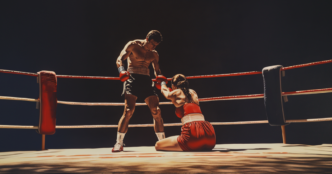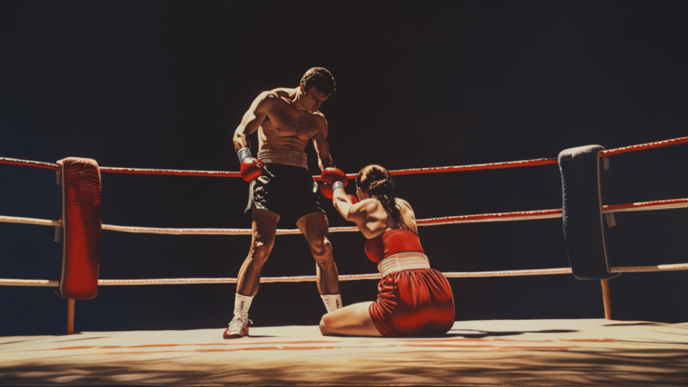In a surprising turn of events, a recent study conducted by researchers at Stanford University has found that procrastination, a habit often associated with laziness and disorganization, may actually be the key to unlocking creative genius. The study, published in the Journal of Applied Cognitive Psychology, suggests that the adrenaline rush of impending doom triggers a surge of activity in previously dormant brain cells, leading to unprecedented bursts of innovation.
Dr. Chad Brochill, the lead researcher of the study, explained, “For years, we’ve been taught that procrastination is the enemy of productivity. But our research indicates that, for many people, the pressure of a looming deadline can ignite a creative spark that simply wouldn’t exist otherwise. It’s like the brain needs that last-minute panic to kick it into high gear.”
The study involved a group of 400 participants, half of whom were identified as chronic procrastinators. They were given a series of creative tasks with varying deadlines, ranging from a few days to just a few hours. The results were astounding. The procrastinators consistently outperformed their non-procrastinating counterparts, producing more original and innovative solutions when faced with tight deadlines.
One participant, a self-proclaimed “master procrastinator,” stated, “I’ve always known that I work best under pressure. It’s like my brain needs that extra push to come up with truly unique ideas. I guess I’ve been doing it right all along.”
Dr. Brochill cautioned that while procrastination may be a useful tool for some, it’s not a one-size-fits-all approach. “Not everyone thrives under pressure like me,” he said. “It’s important to find what works best for you and to use procrastination strategically, not as a crutch.”
The study has sparked a wave of excitement in the creative community, with many hailing it as a validation of their unconventional work habits.
“This is fantastic news for all of us who have been shamed for our procrastination tendencies,” said renowned artist and self-proclaimed procrastinator, Sophia Martinez. “Finally, we have scientific proof that our last-minute scrambles are not a sign of laziness, but rather a testament to our creative genius.”
While further research is needed to fully understand the link between procrastination and creativity, the study’s findings have already begun to challenge conventional wisdom about productivity and time management. Perhaps the next time you find yourself procrastinating on a project, instead of feeling guilty, embrace the panic. It might just be the secret sauce of your next breakthrough.













